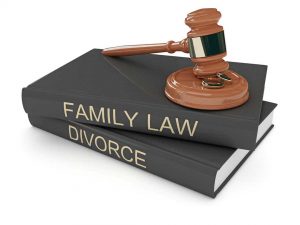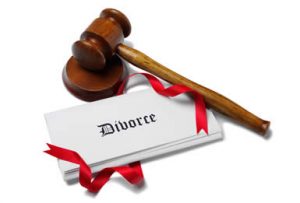Domestic violence is a critical societal issue that profoundly impacts individuals and families. Addressing this issue requires a multifaceted approach, in which family law attorneys play a pivotal role. These legal professionals are uniquely positioned to navigate the complexities of domestic violence cases, offering both legal recourse and emotional support to victims. Their expertise and advocacy are essential in protecting victims’ rights and fostering a safer environment for affected families.
A family law attorney’s involvement in domestic violence cases often begins with assessing the immediate safety needs of the victim. Securing protective orders or restraining orders is frequently a primary step. These legal instruments are designed to provide immediate protection from the abuser by imposing legal boundaries, such as prohibiting contact or enforcing physical distance. Family law attorneys in Broward County guide clients through the process of obtaining these orders, ensuring the necessary evidence is presented and procedural requirements are met.
Beyond immediate protection, family law attorneys assist victims in addressing the long-term implications of domestic violence. For instance, they play a critical role in child custody cases, advocating for arrangements that prioritize the safety and well-being of children. Courts often require detailed evidence and arguments to determine custody in cases involving domestic violence, and attorneys provide the expertise to present compelling cases that highlight the risks posed by the abuser.
Financial independence is another area where family law attorneys contribute significantly. Victims of domestic violence often face financial abuse, which can include restricted access to funds, coerced debt, or the destruction of credit. Attorneys can help secure spousal or child support, ensuring victims have the financial resources to rebuild their lives. Additionally, they may assist in dividing marital assets equitably, advocating for their client’s rights within the legal framework.
Family law attorneys also serve as advocates and educators, guiding clients through the legal process and helping them understand their rights and options. Domestic violence cases can be emotionally charged and overwhelming, and attorneys often provide a stabilizing presence. They connect victims with resources such as counseling services, shelters, and support groups, fostering a comprehensive approach to recovery and empowerment.
Furthermore, family law attorneys play a vital role in systemic advocacy. By working on policy initiatives, collaborating with community organizations, and engaging in public education efforts, they contribute to broader societal change. Their firsthand experiences with domestic violence cases equip them with unique insights into the systemic barriers victims face, enabling them to push for reforms that improve access to justice and protection.
In conclusion, family law attorneys are indispensable in addressing domestic violence. Their work extends beyond legal representation, encompassing advocacy, education, and support. By safeguarding victims’ rights, facilitating access to resources, and advocating for systemic change, these professionals play a crucial role in combating domestic violence and fostering safer, healthier communities.
 In the heart of Illinois, DuPage County stands as a vibrant community filled with families of diverse backgrounds and needs. While many families thrive in this suburban region, they are not immune to the complexities of legal matters that touch the core of family life. Understanding the unique legal landscape of DuPage County can make a world of difference when navigating issues such as divorce, child custody, estate planning, and domestic disputes.
In the heart of Illinois, DuPage County stands as a vibrant community filled with families of diverse backgrounds and needs. While many families thrive in this suburban region, they are not immune to the complexities of legal matters that touch the core of family life. Understanding the unique legal landscape of DuPage County can make a world of difference when navigating issues such as divorce, child custody, estate planning, and domestic disputes.
 Domestic violence is a pervasive issue that affects individuals and families across the United States, and Florida is no exception. In an effort to protect victims and hold perpetrators accountable, the state of Florida has established comprehensive domestic violence laws. This article aims to provide a thorough understanding of these laws, addressing key aspects such as definitions, protective orders, and legal consequences.
Domestic violence is a pervasive issue that affects individuals and families across the United States, and Florida is no exception. In an effort to protect victims and hold perpetrators accountable, the state of Florida has established comprehensive domestic violence laws. This article aims to provide a thorough understanding of these laws, addressing key aspects such as definitions, protective orders, and legal consequences.
 Family law, as mentioned by a
Family law, as mentioned by a  divorce involves a couple getting married again after a period of separation. The marriage must be dissolved through a court ruling. Some people do not want to wait until the divorce decree is entered into, but they do not want to be on the hook for the court costs.
divorce involves a couple getting married again after a period of separation. The marriage must be dissolved through a court ruling. Some people do not want to wait until the divorce decree is entered into, but they do not want to be on the hook for the court costs.